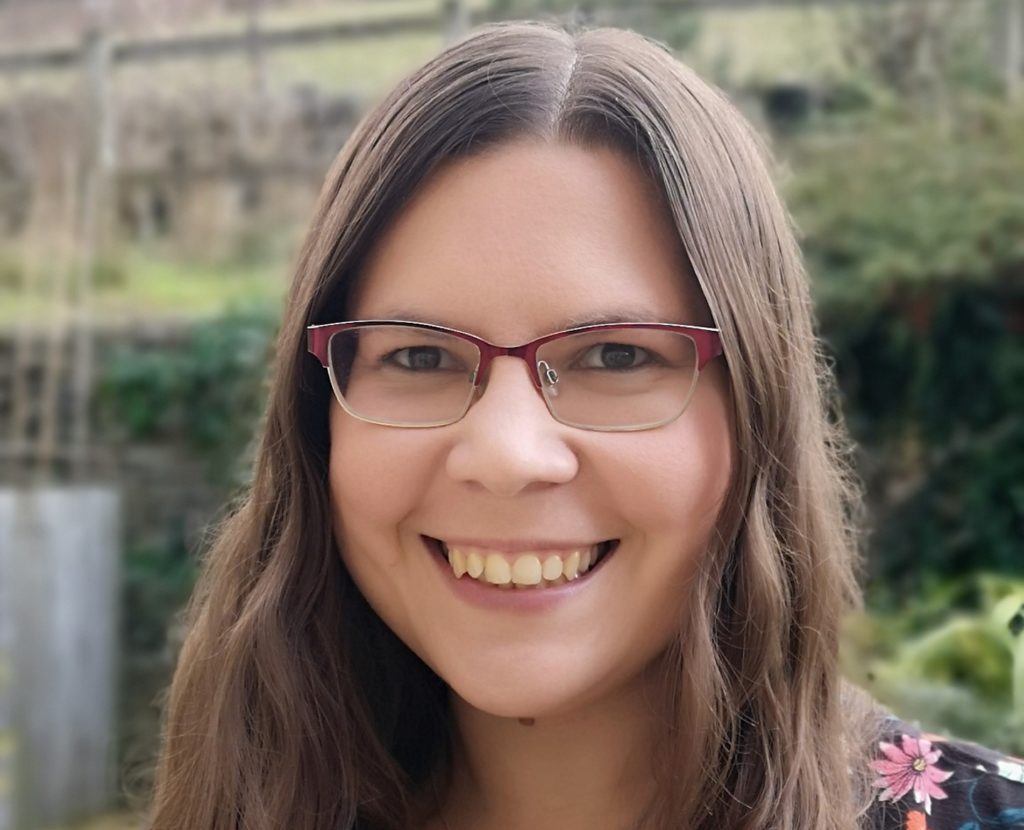Annie Harris, RNID’s advocacy officer, reflects on what winning the Best Supporting Actor and Best Picture Oscars means for her and other Deaf people – and for society more widely.

I feel so emotional – buzzing with joy. It’s been an extraordinary few months for Deaf people like me: Rose Ayling-Ellis winning Strictly Come Dancing and then CODA winning at the BAFTAs and then three Oscars, including Troy Kotsur’s as best Supporting Actor.
What we’re seeing is ground-breaking and, I hope, represents a permanent change for the better.
First, this is such a positive change in terms of representation. We are seeing deaf people represented by brilliant deaf actors and their skills and talent are being recognised with the highest possible awards. And Troy’s awards and Rose’s victory show that the arts and entertainment industries must be fully accessible to people from the deaf community, so they can realise their talents and ambitions.
Next, well researched, thoughtful films and TV, like CODA and The Sound of Metal, can make connections. As Troy said in his Oscar’s acceptance speech about the film’s director, Sian Heder, she was a bridge between the deaf and hearing world. And that’s what CODA or any good film or TV show can be. They are an important way to educate people in the hearing community about what being deaf or having hearing loss is like. Like Rose’s journey through Strictly , and especially her and Giovanni’s silent moment, millions of people get a better understanding of deaf people’s experience – and what they can achieve with the right support.
In CODA, the hearing public also get to see how family members have to step in because of a failure to give people the right communication support, during a scene at the doctors where the hearing daughter has to translate for her father. This happens far too often – we recently published a news story about surveys that have highlighted communication failures. Films and TV also have a vital part to play in highlighting the barriers faced by deaf people and people with hearing loss and tinnitus, as well as all they can achieve when those barriers are removed.
It is essential that deaf people are represented properly in movies, but more important is the impact in real life, on the ground in deaf communities across the world. It means we are recognised, respected and included after years of being excluded and overlooked. No film should be expected to capture all the deaf community’s experience, but CODA paves the way for a growing range of increasingly authentic films. Its win at the Oscars is an important moment that we can embrace and celebrate.
Read more by becoming a Member
There’ll be a longer article from Annie in the forthcoming member’s magazine about changes in the representation of deaf people and people with hearing loss.